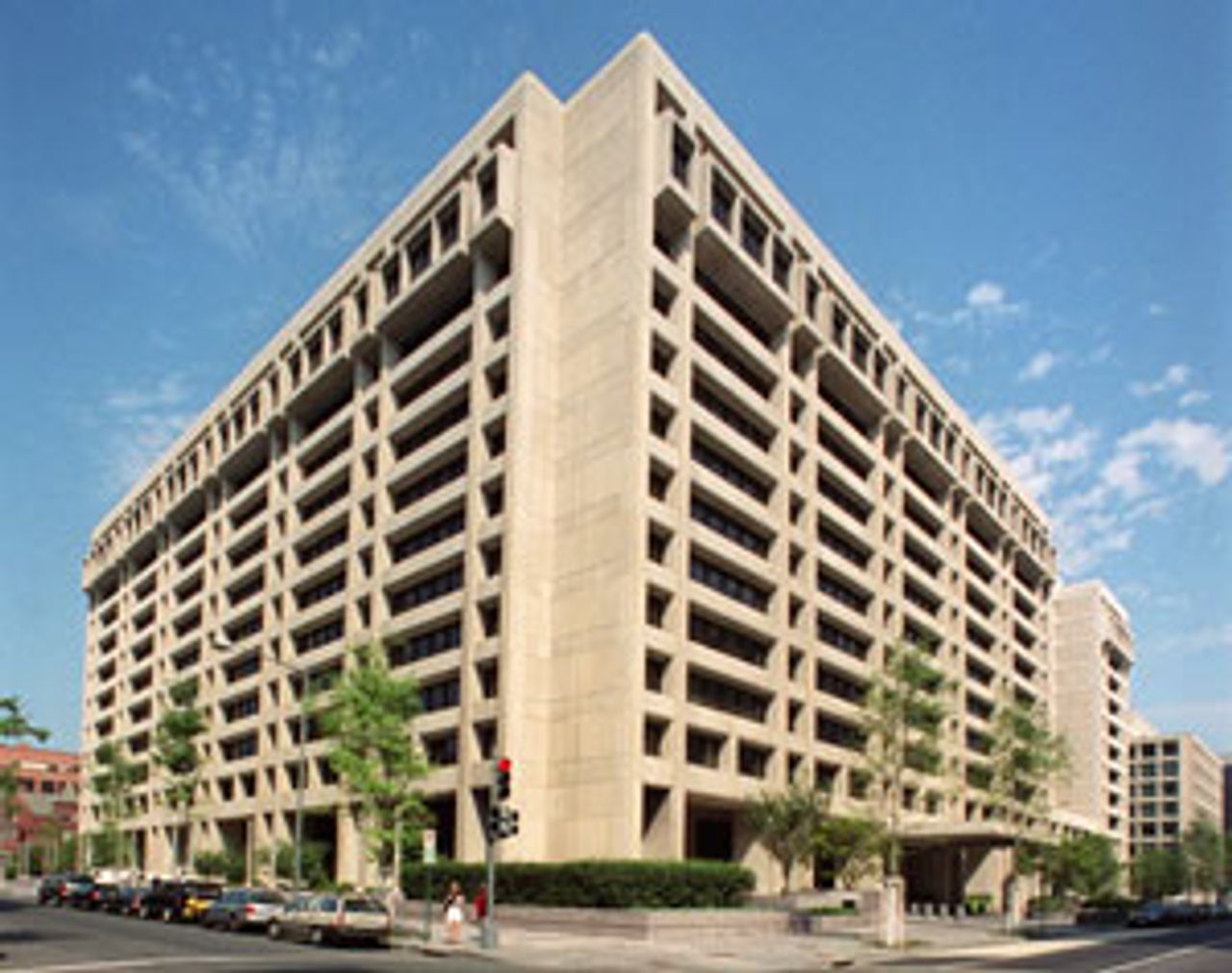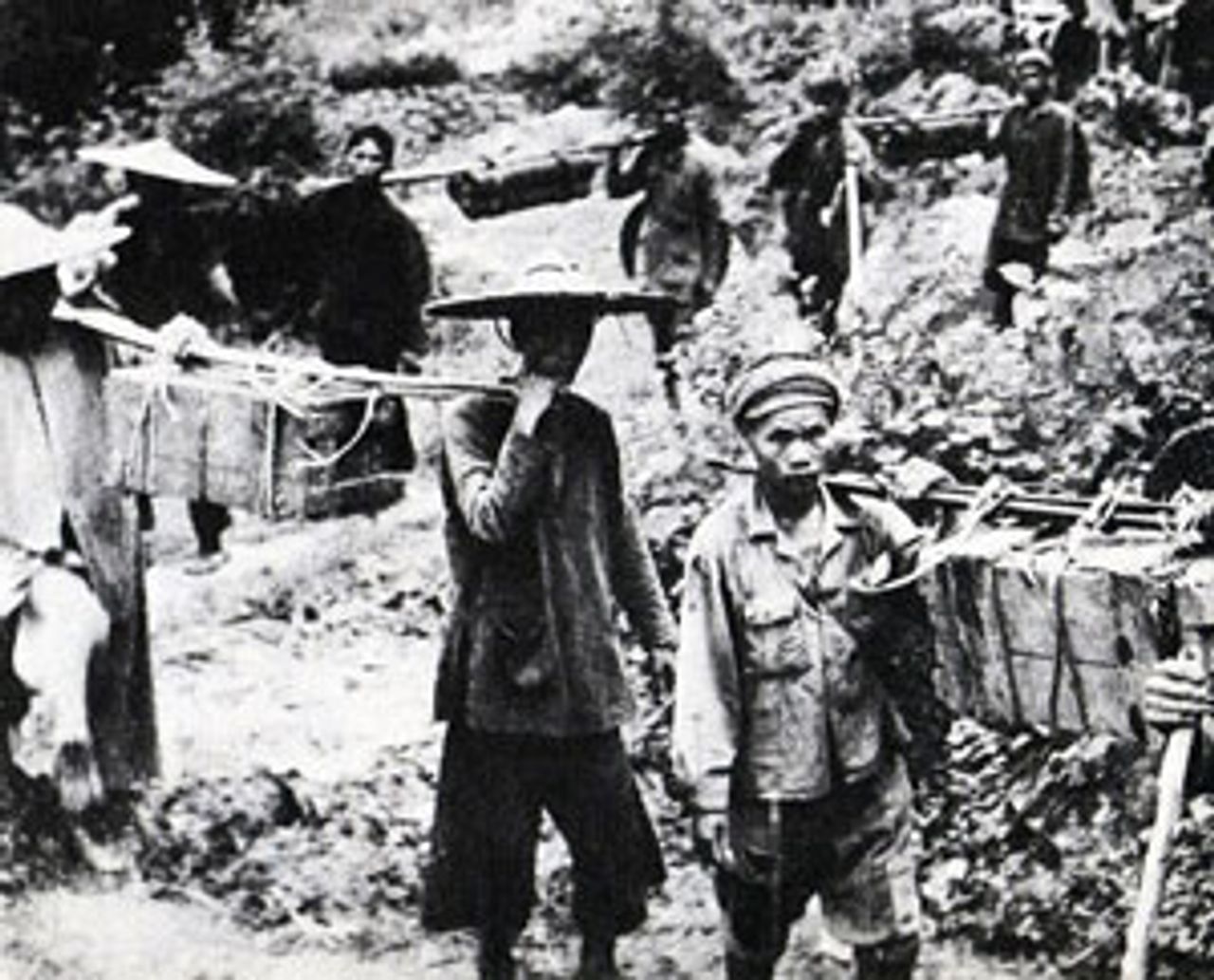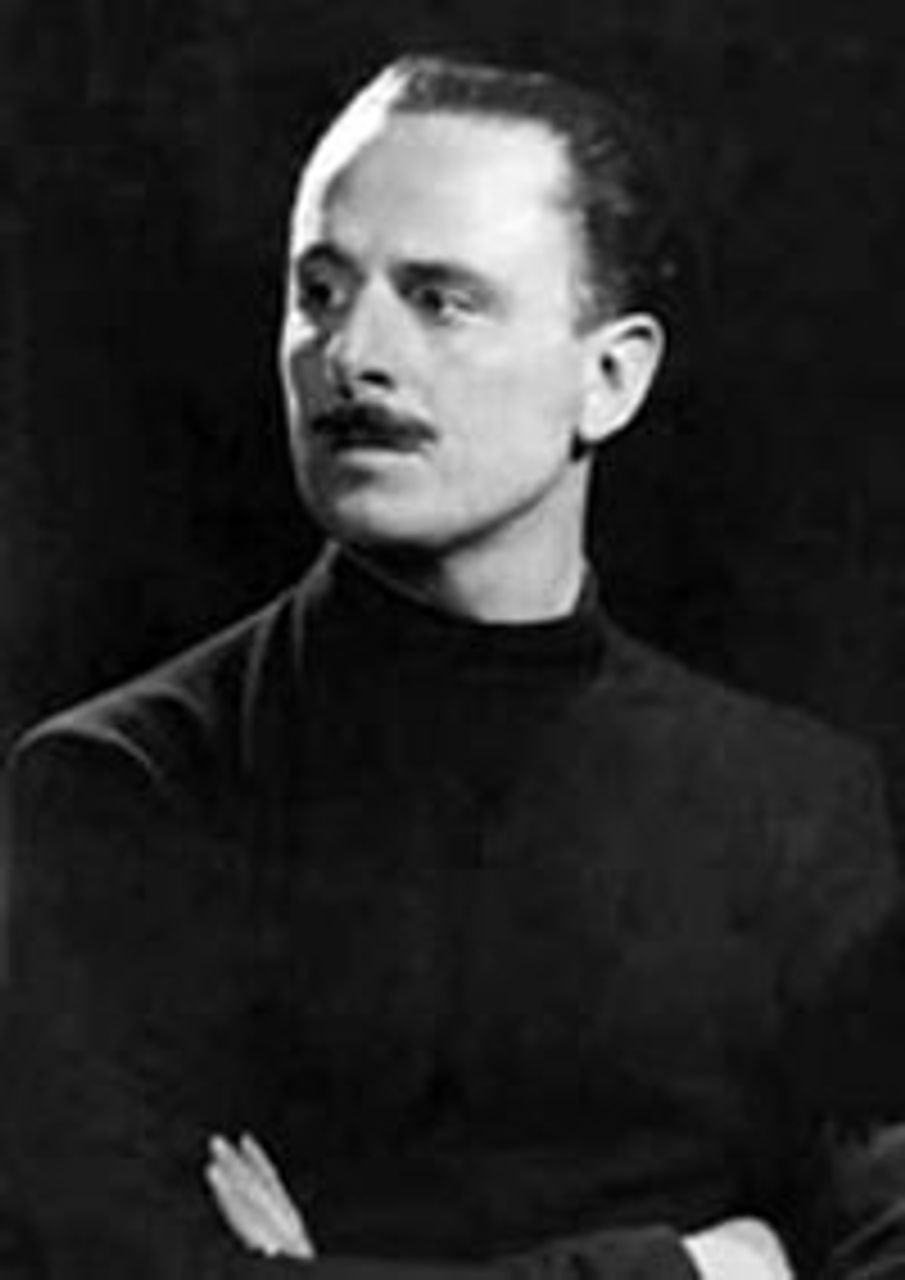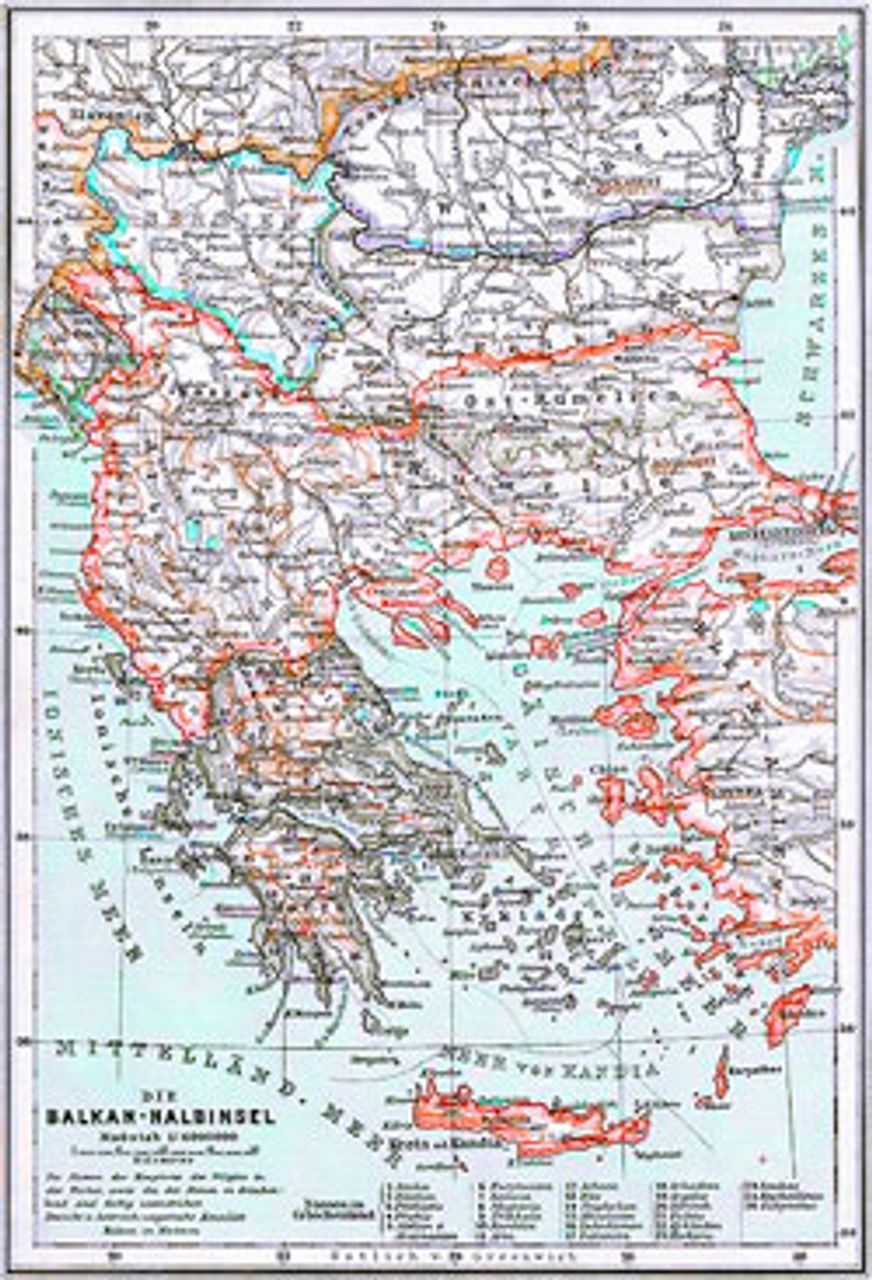This Week in History provides brief synopses of important historical events whose anniversaries fall this week.
25 Years Ago | 50 Years Ago | 75 Years Ago | 100 Years Ago
25 years ago: IMF, World Bank meet amid “a sense of hopelessness”
 IMF headquarters in Washington DC
IMF headquarters in Washington DCOn October 2, 1987 the International Monetary Fund and the World Bank concluded a four-day conference amid global economic fears and tensions centering around the worsening condition of the US economy. The annual meeting of capitalist bankers and finance ministers was dominated by the intensification of inter-imperialist trade war and the deepening of the world debt crisis.
The conference opened amidst an impasse in the US-Canada “free trade” negotiations, raising the specter of a wave of protectionist measures and countermeasures between the US and its largest trading partner. Brazil, with a foreign debt of $70 billion, had declared a moratorium on payments, causing the major US, European and Japanese banks to face the prospect of writing off billions in bad loans.
But the major concern of the bankers and finance ministers of the “Group of Seven” major industrial nations was the massive US budget and trade deficits, its mushrooming foreign debt and a fall in the value of the dollar. The New York Times reported at the opening of the conference, that a “sense of hopelessness appears to pervade.” West German Finance Minister Gerhard Stoltenberg told reporters on the conference’s first day, “It is a tense situation. There are no real breakthroughs in the debt situation so far.”
By the end of the conference, the Reagan administration was compelled to back down on previous policy in two areas. Treasury Secretary James Baker expressed willingness to increase the US funds available to the World Bank, and President Reagan announced that he would sign a bill mandating a lower US budget deficit. The effect of both measures would be to intensify the economic assault on the US working class.
50 years ago: Eight US soldiers die in Vietnam
 NLF supporters on the Ho Chi Minh Trail
NLF supporters on the Ho Chi Minh TrailEight US soldiers died in South Vietnam this week in 1962, bringing to 21 the number of Americans killed in action since the Kennedy administration expanded the effort to defeat the revolution against the corrupt pro-American regime of Ngo Dinh Diem.
On October 6, a US helicopter crashed under fire from National Liberation Front guerrillas 330 miles northeast of Saigon. Three soldiers died immediately, and four others succumbed to severe burns. There was only one survivor.
A day earlier, on October 5, NLF fighters shot down two US helicopters just south of Saigon in Dinh Tuong province, killing one soldier. The helicopters were involved in a major confrontation involving 1,000 South Vietnamese government soldiers and hundreds of “Vietcong” guerrillas.
Also on October 6, in Phuoc Thanh province, 50 miles west of Danang, a South Vietnamese government post was “betrayed to Communist rebels,” in the words of the New York Times. According to the Times the NLF controlled, at that point, three fifths of the land area in South Vietnam.
“Americans must continue to be prepared,” warned the Times’ lead editorial on October 6, “for a deep and protracted involvement in South Vietnam.”
75 years ago: London workers block British fascists
 Oswald Mosley
Oswald MosleyOn October 3, 1937 workers demonstrated against Oswald Mosley’s British Union of Fascists, who planned to march through the streets of London. The counter-demonstration came one year after “The Battle of Cable Street,” when British workers forced Mosley’s blackshirts to turn back from their planned marching route through the city’s east end.
To cries of “Heil Mosley,” the British fascists set off from Westminster accompanied by some 28 horse-mounted police and additional police inside vans and cars. The mood soured when the march reached Bermondsey and Rotherhithe where masses of workers heckled the march and threw fireworks.
The march was repeatedly delayed, rerouted, and renegotiated. Workers blocked streets off with barricades and the power of numbers. Police corralled crowds down side streets to allow the march through. Earlier in the day crowds had occupied the square on West Lane where Mosley had originally planned to address the conclusion of the march. “Some of the streets were so crowded that it would have been impossible to clear them, and the police shepherding the procession diverted it time after time as they found solid masses of people determined to obstruct the march,” the Times of London reported.
The police and justice system protected Mosley and his fascists. Over 100 were arrested, mostly workers. Tower Bridge Police Court Judge Bernard Campion sentenced Solly Stein, a 24-year-old who allegedly led a crowd of 400 workers against Mosely, to one month in jail. Among Stein’s crimes was his possession of a Marxist pamphlet, which Judge Campion declared a “pernicious document.”
100 years ago: Balkan states issue ultimatum to Ottoman Empire
 The Balkans in 1095
The Balkans in 1095On October 1, 1912 the Ottoman Empire was issued an ultimatum by Serbia, Montenegro, Greece and Bulgaria demanding autonomy for Macedonia.
Small and impoverished countries, Greece, Serbia and Bulgaria were heavily in debt and politically unstable, while the maneuvering of the Great Powers inhibited their expansionist aims. All three sought to dominate Macedonia, the one of the last remaining Turkish-controlled territories in the southern Balkans. German Chancellor Bismarck had recognized Macedonia as a vital strategic location, stating “those who control the valley of the River Vardar are the masters of the Balkans.”
Taking advantage of the Ottoman Empire’s weakened state during the 1908 Young Turk revolution, and in violation of the Berlin Treaty of 1878, Prince Ferdinand declared Bulgaria fully independent and several days later Austria-Hungary announced the full annexation of the occupied territories of Bosnia and Herzegovina.
In 1912 the Ottoman Empire, “The Sick Man of Europe,” was weakened further due to fighting against Italy in Tripoli and a revolt of some 20,000 Albanians who occupied Skopje in Macedonia. The Turkish government commenced plans for Macedonian autonomy, but it was too late. Serbia, Montenegro, Greece and Bulgaria decided to attack and on October 8 the Balkan War began.
